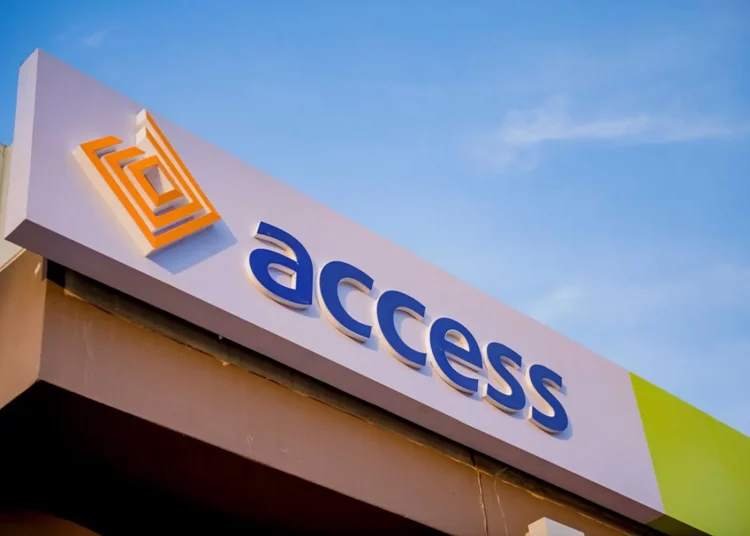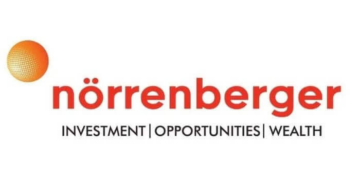Access Bank has launched its SME Academy to equip Nigerian entrepreneurs with the skills and tools necessary to sustain and scale their businesses, thereby addressing the country’s high rate of small business failure.
Speaking during the launch of the Bank’s SME Academy in Lagos, the head of Retail Banking at Access Bank, Olumide Olatunji, said the decision to introduce the academy in Nigeria followed the success of a similar programme in Ghana, which recorded strong outcomes in SME performance and growth.
“Such a training academy has been held in Ghana, recording very positive results in terms of impact and growth opportunities for the SMEs. So we deemed it very necessary to bring such an initiative down to Nigeria, given the massive opportunities that lie within our population and the fact that these SMEs sustain the economy,” he said.
Group Head, SME Banking at Access Bank, Abiodun Olubitan, said that the initiative targets 80 existing business owners in its first cohort and is designed to enhance capacity development, promote financial readiness, and improve business survival rates across the SME sector.
Olubitan said the initiative reflects the bank’s long-term commitment to supporting SMEs as vital contributors to national economic growth.
“It is a known fact globally that supporting SMEs in this age and time is just the way to go. Because they drive the economy, they are the ones actually contributing significantly, you know, over 80 per cent to the GDP. So, it is important that we give them the right support, the right tools for them to continue to scale and grow in their businesses,” she said.
Olubitan pointed out, “studies have shown that over 50 per cent of small businesses fail within their first five years due to limited access to capital and inadequate capacity development.”
She explained that the academy was established to bridge these gaps and help entrepreneurs build resilience. “
Although the current edition does not include grant funding, Olubitan said the bank remains open to supporting qualified participants through access to credit once they demonstrate capacity and bankability.
Olubitan added that Access Bank plans to make the SME Academy a recurring initiative, producing more entrepreneurs through periodic training sessions.
The three-day maiden edition, which focuses on established businesses, features a curriculum tailored to help participants strengthen their business structures, enhance visibility, and capitalise on networking opportunities.
Entrepreneurs praised the initiative for offering free, high-quality training and practical business insights.
The CEO of TMA Global Consult, Juliet Ike said the programme came at the right time for her business.
Another participant, the managing director of ShawBC Ventures, Dr. Onipidan Adebayo described the programme as invaluable.
“For you to have this kind of knowledge, you probably need to pay a huge sum of money to some business schools. So having Access Bank bring us together on a free platform to have this kind of knowledge, scale up your capability, I think it is very, very important,” he said.





